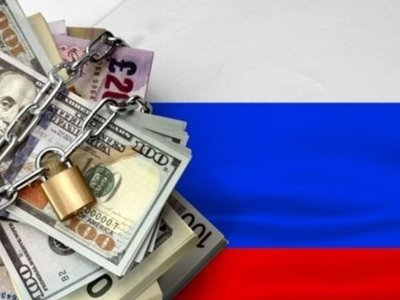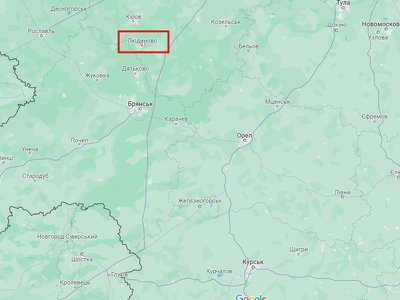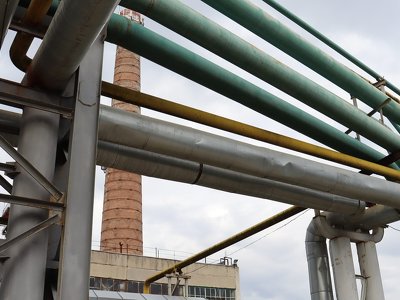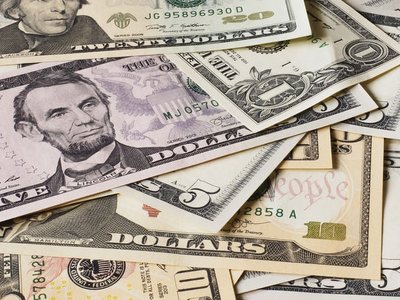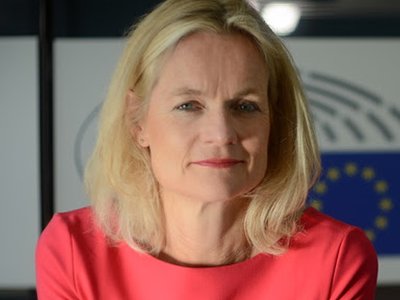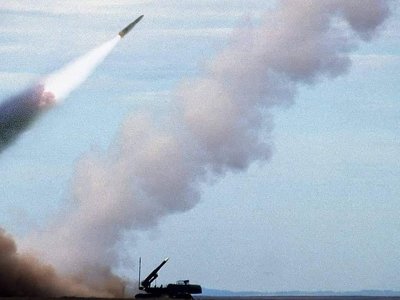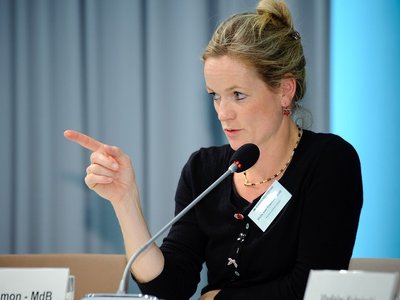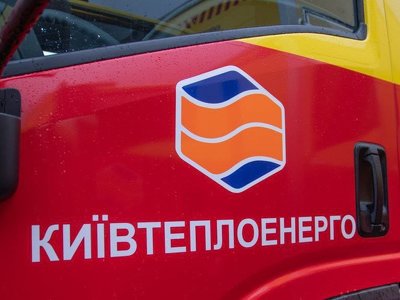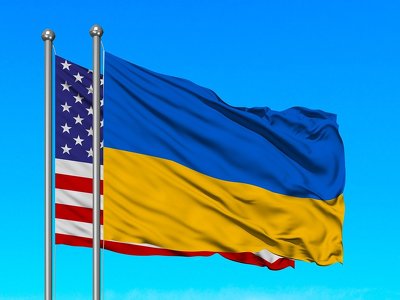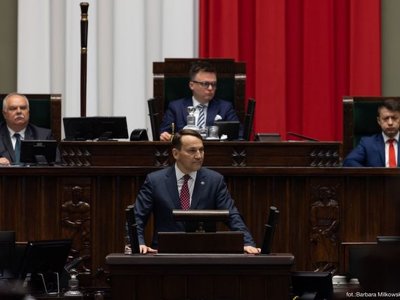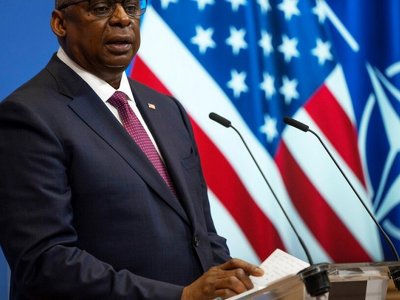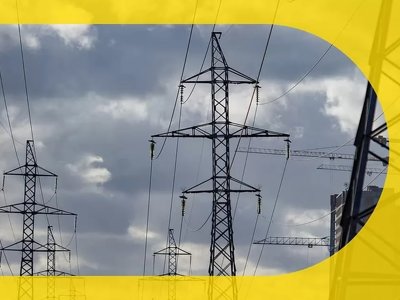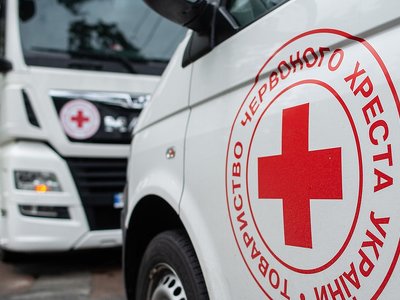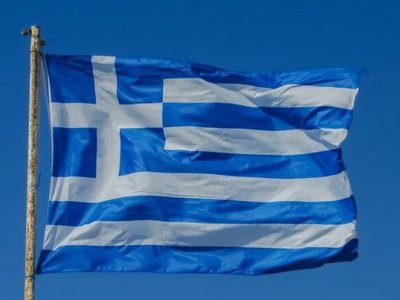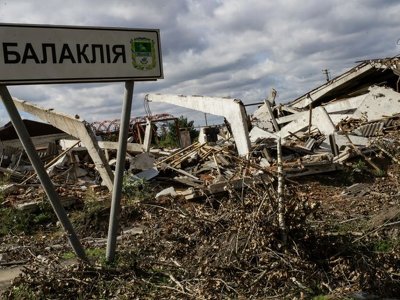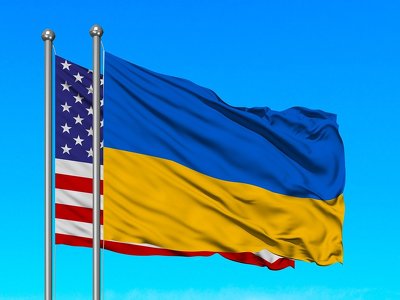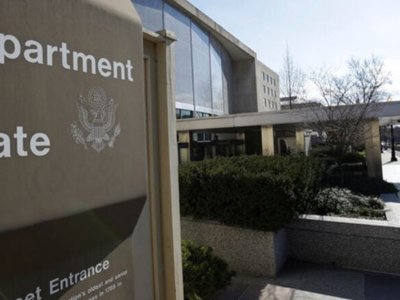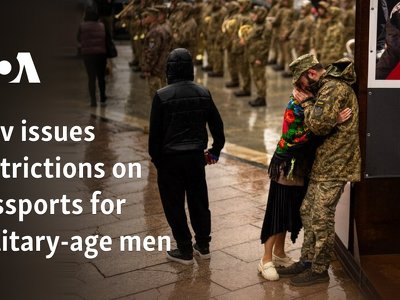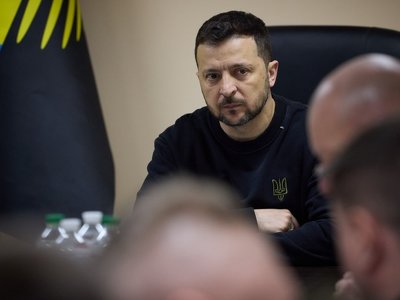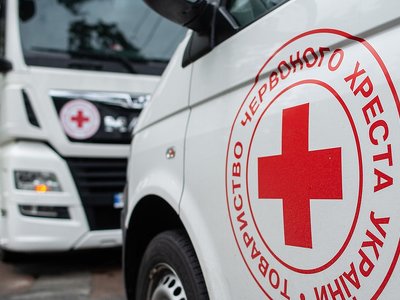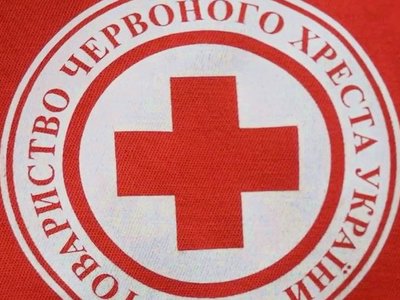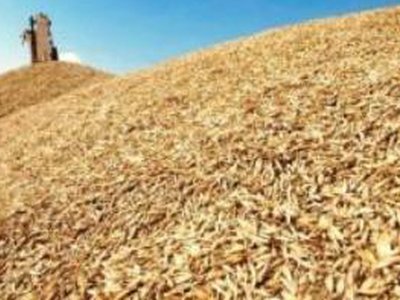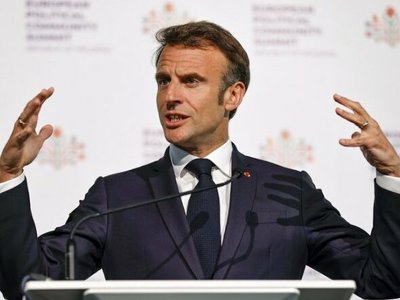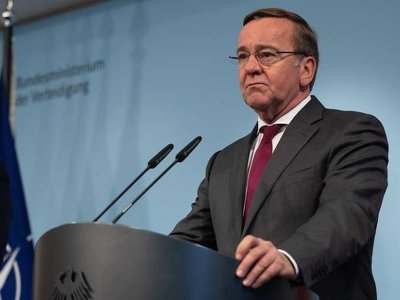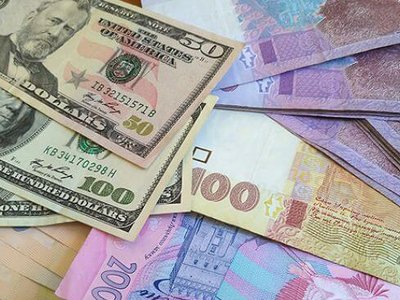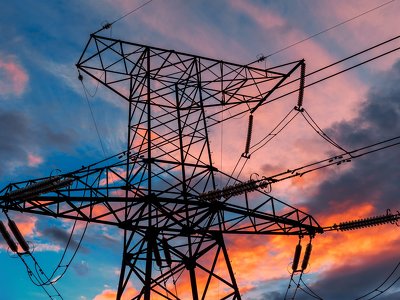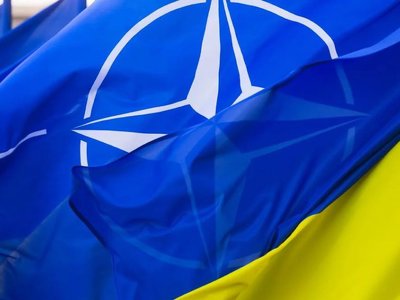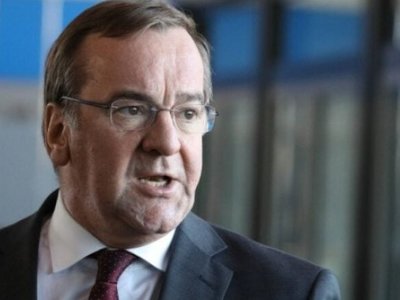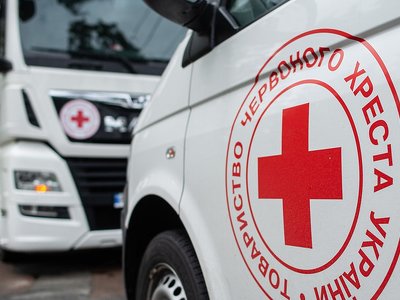How EU strengthens market protection and what could be useful for Ukraine

The wave of protectionism worldwide, which began during Donald Trump’s first presidential term, has now reached unprecedented levels.
The restrictions in place often lead to goods being redirected to countries with unprotected markets, putting local producers at risk of losing domestic market share. As a result, many countries are developing new tools to effectively protect their manufacturers.
Read more about the EU's experience in protecting its market, which could also be useful for Ukraine, in the column by Anzhela Makhinova of Sayenko Kharenko law firm: How the EU improves its trade defence system: lessons for Ukraine.
The author emphasises that the EU has increasingly relied on anti-dumping, anti-subsidy and safeguard measures.
According to the European Commission’s report, 2024 became a record year for investigations in the EU: the Commission initiated 33 new investigations, the highest number since 2006.
Historically, most investigations and measures have concerned imports from China, notes Anzhela Makhinova.
"Considering that the EU has introduced registration of all imports, continuous monitoring of imports in the most vulnerable sectors and a consultation procedure with relevant industries, it is clear that the trend toward increasing trade defence measures will only continue," the lawyer states.
She adds that in recent years, the EU has introduced additional instruments that will be applied to protect European producers, not only on the domestic market but also in exports.
For example, on 27 December 2023, the Regulation on protection against economic coercion by third countries came into force.
In cases of economic coercion, notes Anzhela Makhinova, the European Commission initiates negotiations with the third country to remove illegal barriers and to seek compensation for any damage caused. If an agreement cannot be reached, countermeasures are implemented.
According to Makhinova, the EU has not yet used the economic coercion instrument in practice.
Additionally, the EU has introduced the International Procurement Instrument, which aims to protect European businesses from discrimination when participating in public procurement processes announced by countries outside the EU.
The lawyer cites the first investigation under this instrument, initiated by the European Commission on 24 April 2024.
This investigation concerned medical product procurement procedures in China, which applied direct and indirect discriminatory practices in almost 90% of tenders.
"As a result, the Commission prohibited Chinese companies from participating in EU public procurement of medical products exceeding €5 million and imposed a 50% cap on the Chinese component in winning tenders," the author writes.
The EU has also introduced a new legal instrument granting the European Commission powers to address distortions in the EU market caused by subsidised (financially supported) companies from non-EU countries.
According to Anzhela Makhinova, this instrument has already been applied several times by the European Commission. For example, in February 2024, the Commission initiated an investigation into Chinese manufacturers’ tender proposals during procurement of railway wagons in Bulgaria and solar panels in Romania.
The European Commission noted that the tender proposals were significantly cheaper than others. However, no measures were taken because the companies withdrew their bids.
The Sayenko Kharenko partner believes that Ukraine also needs to start actively protecting its national producers: "The EU experience can serve as a guideline for the Ukrainian government."
- Last
- February, 05
-
-
-
-
- April, 28
-
-
-
-
-
-
- April, 27
-
-
-
-
-
-
-
-
-
News by day
18 of September 2025




